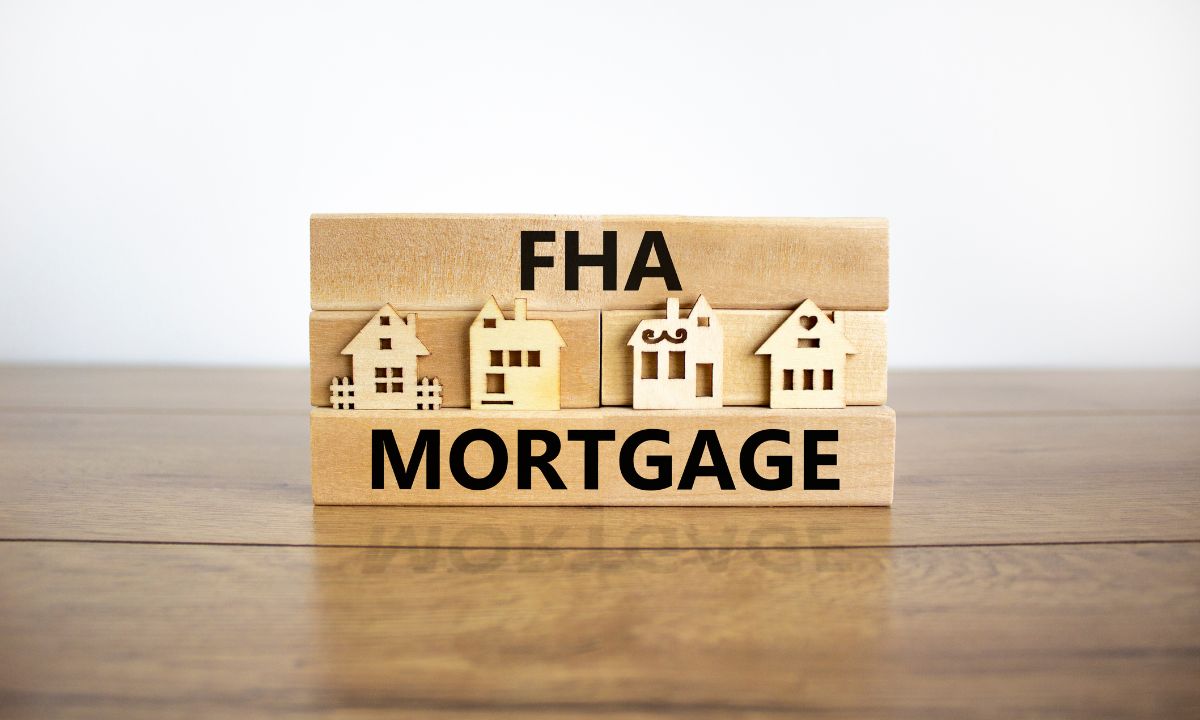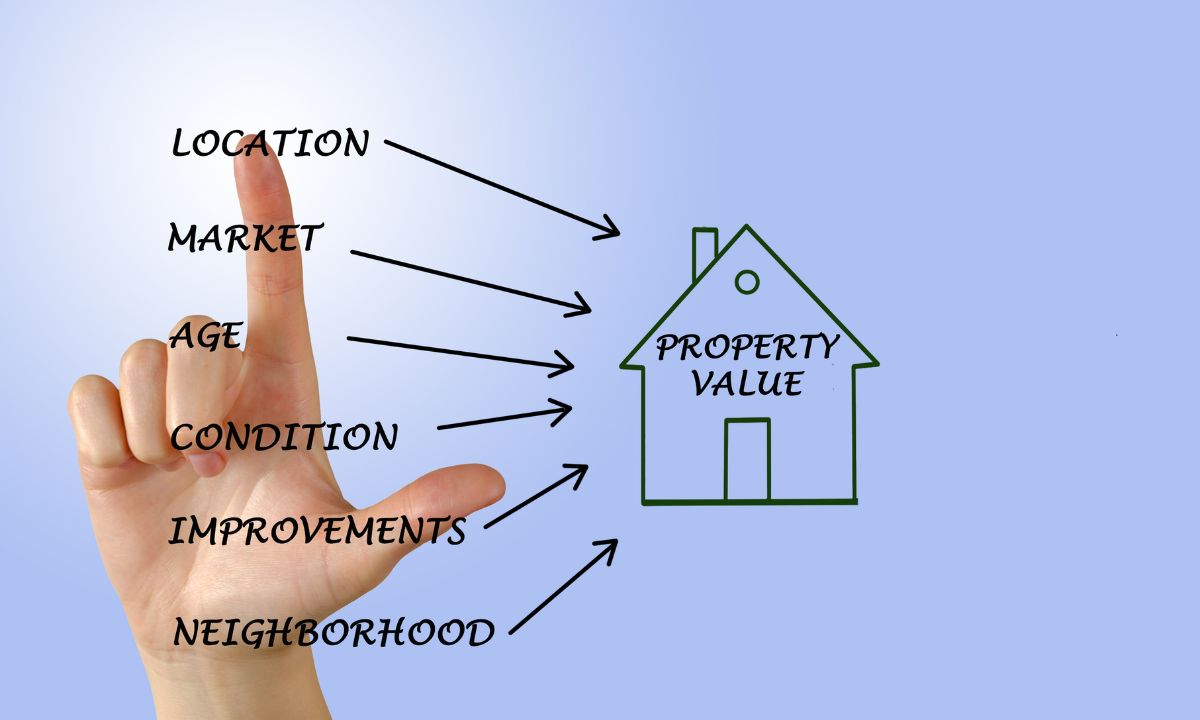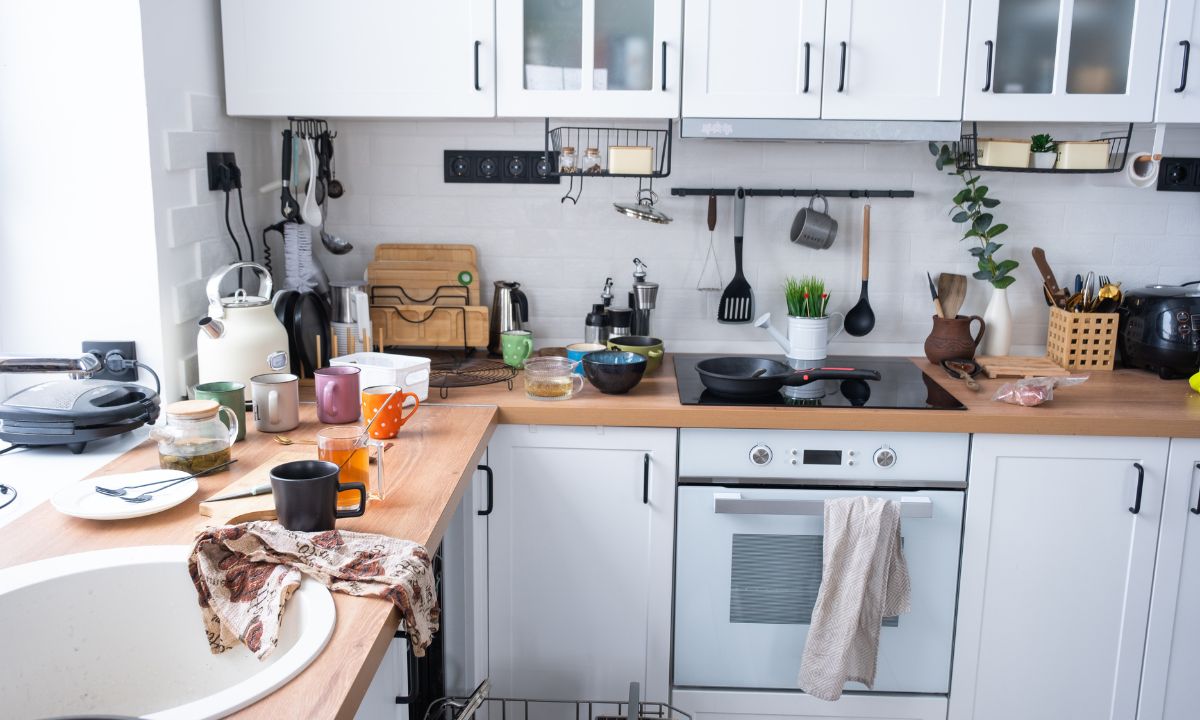 If you’re in the market to buy a duplex or similar multi-unit property, you may be wondering whether you can use an FHA loan to finance your purchase. FHA loans are well-known for helping first-time homebuyers, but they can also be used to purchase duplexes. Here’s everything you need to know about FHA loans, how they work, and whether they’re a good fit for your homebuying plans.
If you’re in the market to buy a duplex or similar multi-unit property, you may be wondering whether you can use an FHA loan to finance your purchase. FHA loans are well-known for helping first-time homebuyers, but they can also be used to purchase duplexes. Here’s everything you need to know about FHA loans, how they work, and whether they’re a good fit for your homebuying plans.
What is an FHA Loan?
An FHA loan is a mortgage insured by the Federal Housing Administration, designed to make homeownership more accessible. These loans come with lower down payment requirements, making them ideal for buyers who may not have substantial savings. FHA loans also have more lenient credit and income qualifications compared to conventional mortgages.
How FHA Loans Work
FHA loans are particularly useful for individuals with limited financial resources. The government-backed insurance provided by the FHA reduces the lender’s risk, allowing for more flexibility in loan approval. This means that borrowers with lower credit scores or those who can’t afford a large down payment may still qualify.
Can FHA Loans Be Used for Duplexes?
Yes, FHA loans can be used to purchase duplexes. Buying a duplex with an FHA loan is a smart way to invest in real estate while also securing a place to live. The key condition is that you must live in one of the units as your primary residence, but you can rent out the other unit to generate income that helps offset your mortgage payments.
Requirements for FHA Loans
To qualify for an FHA loan, there are specific requirements you need to meet:
- Credit Score: A credit score of 580 is typically required for a 3.5% down payment, while a score as low as 500 may qualify you for a 10% down payment.
- Debt-to-Income Ratio: You must demonstrate a manageable level of debt to income.
- Primary Residence: You must live in the property you are purchasing, although you can rent out the other unit if it’s a duplex.
FHA Loan Benefits for Duplex Buyers
Buying a duplex with an FHA loan offers several advantages. Not only does it allow you to secure a home with a lower down payment and more flexible credit requirements, but it also gives you the opportunity to generate rental income. This rental income can help you cover part or even most of your monthly mortgage payment, making homeownership more affordable.
Mortgage Insurance for FHA Loans
One important aspect of FHA loans is mortgage insurance. FHA loans require both an upfront mortgage insurance premium and an annual premium, which is spread out across your monthly payments. This is something to consider as part of your overall cost when planning to use an FHA loan to buy a duplex.
How to Get an FHA Loan for a Duplex
To start the process, ensure you meet the basic eligibility requirements. Next, you’ll want to compare loan offers to find the best terms for your situation. FHA loans are available through a variety of lenders, so it’s a good idea to shop around. You’ll also need to prepare for the loan application process, which will include providing financial documents, proof of income, and undergoing a credit check.
Is an FHA Loan Right for You?
If you’re a first-time buyer or someone without a large down payment, an FHA loan could be a great fit for purchasing a duplex. The potential to generate rental income while also benefiting from the low down payment requirement makes it an appealing option. However, keep in mind the ongoing mortgage insurance costs and the requirement to live in the property.
In summary, using an FHA loan to buy a duplex is not only possible, but it’s also a smart investment strategy for those looking to enter the world of real estate with more affordable terms. Explore all of the options and find a loan that works for your financial situation.
 As a homeowner or potential buyer, understanding what truly influences a property’s value can help you make informed decisions. Whether you’re selling your home or planning to purchase, knowing the factors that impact property value can put you in a stronger negotiating position and help you maximize your investment.
As a homeowner or potential buyer, understanding what truly influences a property’s value can help you make informed decisions. Whether you’re selling your home or planning to purchase, knowing the factors that impact property value can put you in a stronger negotiating position and help you maximize your investment. When it comes to homeownership, one of the most important aspects of the process is ensuring you have the proper legal documentation that proves your ownership. This documentation usually comes in the form of a title or a deed. These documents not only provide proof of ownership but also serve as a way to protect your rights to the property. Whether you’re buying your first home or adding to your real estate portfolio, understanding the difference between titles and deeds is essential to securing your investment.
When it comes to homeownership, one of the most important aspects of the process is ensuring you have the proper legal documentation that proves your ownership. This documentation usually comes in the form of a title or a deed. These documents not only provide proof of ownership but also serve as a way to protect your rights to the property. Whether you’re buying your first home or adding to your real estate portfolio, understanding the difference between titles and deeds is essential to securing your investment. As the leaves turn and the air gets crisp, many of us start thinking about renovations that can make our homes more appealing—especially with Halloween right around the corner! Whether you’re preparing for spooky festivities or planning a future sale, the right renovations can turn your home into a valuable gem. Let’s dive into some hauntingly good renovations that can raise your home’s value without leaving you in a fright!
As the leaves turn and the air gets crisp, many of us start thinking about renovations that can make our homes more appealing—especially with Halloween right around the corner! Whether you’re preparing for spooky festivities or planning a future sale, the right renovations can turn your home into a valuable gem. Let’s dive into some hauntingly good renovations that can raise your home’s value without leaving you in a fright! When it comes to selling your home, one of the biggest hurdles many people face is clutter. After years of living in the same space, it’s easy to accumulate items that hold sentimental value, making it challenging to let go. However, clutter can significantly impact how potential buyers perceive your home, even if you don’t realize it. Here’s how to tackle clutter in various areas of your home to create a welcoming environment that attracts buyers.
When it comes to selling your home, one of the biggest hurdles many people face is clutter. After years of living in the same space, it’s easy to accumulate items that hold sentimental value, making it challenging to let go. However, clutter can significantly impact how potential buyers perceive your home, even if you don’t realize it. Here’s how to tackle clutter in various areas of your home to create a welcoming environment that attracts buyers. Moving to a new home can be an exciting adventure, especially for families. However, for children, it can also bring a mix of emotions. As a parent, you play a crucial role in helping your kids transition smoothly. Here are some strategies to prepare your children for the big move while also navigating the process effectively.
Moving to a new home can be an exciting adventure, especially for families. However, for children, it can also bring a mix of emotions. As a parent, you play a crucial role in helping your kids transition smoothly. Here are some strategies to prepare your children for the big move while also navigating the process effectively.